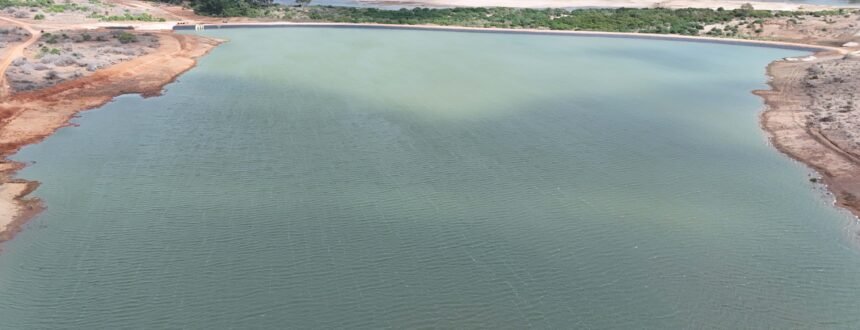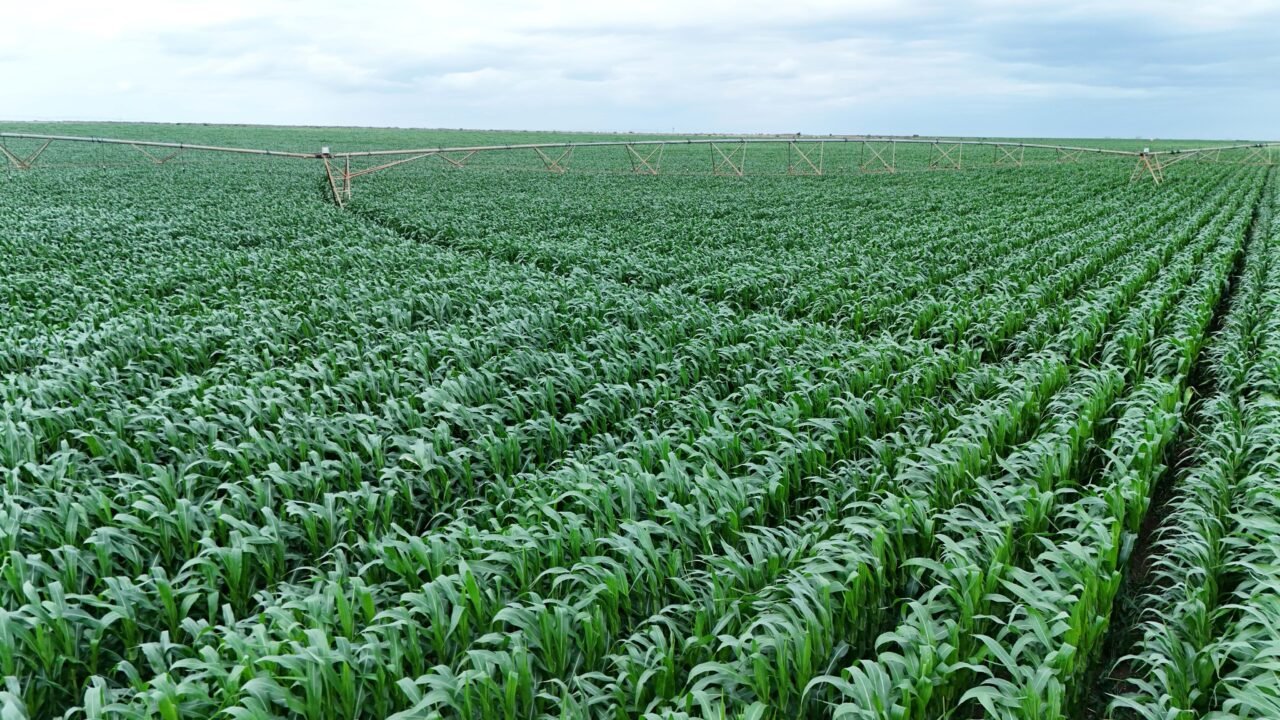State scales up Galana-Kulalu Project to cut maize imports by 40%
The Kenyan government has significantly expanded the Galana-Kulalu Food Security Project in a bold move to slash the country’s reliance on maize imports by 40%, aligning with President William Ruto’s Bottom-Up Economic Transformation Agenda (BETA).
Located within the coastal counties of Kilifi and Tana River, the Galana-Kulalu project has undergone a major transformation, spurred by a presidential directive issued in January 2023. Under a Public-Private Partnership (PPP) framework, the project has transitioned from stalled potential to active implementation, marking a milestone in Kenya’s agricultural revival.
According to Dr. Raymond Omollo, the Principal Secretary for the Ministry of Interior and National Administration, the project’s progress reflects the government’s renewed commitment to agricultural transformation.
“The Galana-Kulalu Food Security Project, located in the coastal region, has witnessed notable expansion resulting from the government’s renewed commitment to agricultural transformation as a core pillar of H.E. President William Ruto’s BETA,” Dr. Omollo stated in a post on his official X account.
The initiative is structured in three key phases:
- The immediate development of 20,000 acres for food production.
- Construction of the 300-million-cubic-metre Galana Dam with supporting canal infrastructure.
- Gradual opening of 200,000 acres within the expansive Galana-Kulalu Ranch for irrigation-based farming.

The government has heavily invested in core infrastructure, including intake works along the Galana River, gravity-fed canals, water reservoirs, and high-capacity pump stations. Currently, seven powerful pumps are operational, with seven more being installed to expand irrigation coverage.
Water now flows from the Galana River through engineered gabion filtration systems into canals and basins before being pumped to the fields, turning formerly arid land into lush, productive farmland capable of year-round cultivation.
The first plantation phase under the new PPP arrangement kicked off in June 2025, focusing on seed maize production. This stage emphasizes the cultivation of high-quality seed varieties for controlled cross-pollination, laying the foundation for a sustainable national seed distribution network.
The revitalized Galana-Kulalu scheme is now projected to yield hundreds of thousands of bags of maize annually, positioning Kenya not only to reduce its maize imports significantly but also to become a net exporter of food and animal feed.
In addition to food production, the project is boosting local employment. Hundreds of jobs have already been created, with more expected as agro-processing and logistical support industries take root around the scheme.
To support this growth, infrastructure development around the site is also progressing. Construction of the Galana-Kulalu Bridge, which began in January 2025, is currently 61% complete. The bridge is expected to ease access to the scheme and improve transport of agricultural inputs and produce.
The Galana-Kulalu project stands as a beacon of Kenya’s potential to transform underutilized lands into agricultural powerhouses through innovation, investment, and inclusive partnerships.



